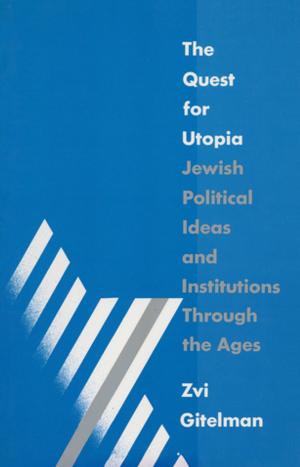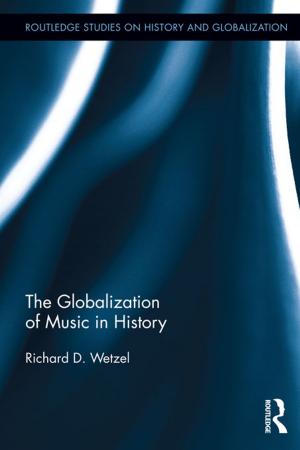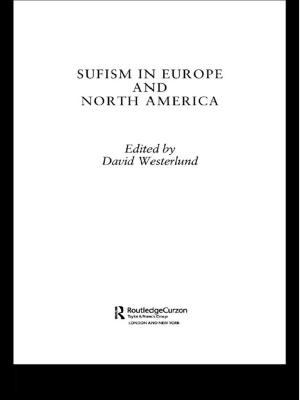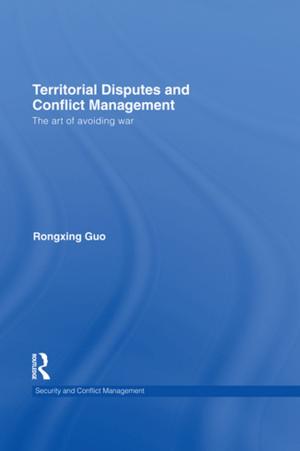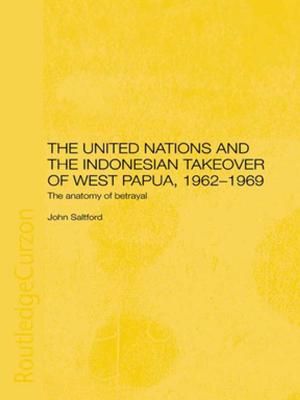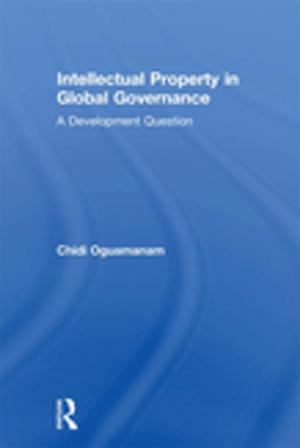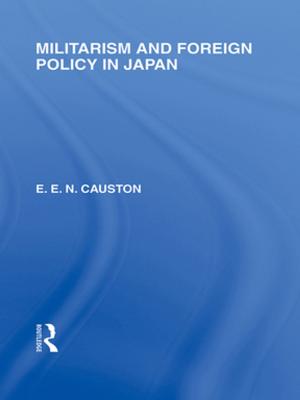Secessionist Movements and Ethnic Conflict
Debate-Framing and Rhetoric in Independence Campaigns
Nonfiction, Social & Cultural Studies, Political Science| Author: | Beata Huszka | ISBN: | 9781134687916 |
| Publisher: | Taylor and Francis | Publication: | October 15, 2013 |
| Imprint: | Routledge | Language: | English |
| Author: | Beata Huszka |
| ISBN: | 9781134687916 |
| Publisher: | Taylor and Francis |
| Publication: | October 15, 2013 |
| Imprint: | Routledge |
| Language: | English |
This book analyses how national independence movements’ rhetoric can inflame or dampen ethnic violence. It examines the extent to the power of words matters when a region tries to break away to become a nation state.
Using discourse analysis, this book examines how the process of secession affects internal ethnic relations and analyses how politicians interpret events and present arguments with the intention to mobilize their constituencies for independence. With in-depth case studies on the Slovenian, the Croatian and the Montenegrin independence movements, and by looking at cases from Indonesia and Spain, the author investigates how rhetoric affect internal ethnic relations during secession and how events and debate shape each other. The author demonstrates how in some cases of self-determination elites push for a higher level of sovereignty in the name of economic advancement, whereas in other cases, self-determination movements refer to ethnic identity and human rights issues.
Explaining how and why certain discourses dominate some independence movements and not others, Secessionist Movements and Ethnic Conflict will be of interest to students and scholars of politics, history, nationalism, ethnic conflict and discourse analysis.
This book analyses how national independence movements’ rhetoric can inflame or dampen ethnic violence. It examines the extent to the power of words matters when a region tries to break away to become a nation state.
Using discourse analysis, this book examines how the process of secession affects internal ethnic relations and analyses how politicians interpret events and present arguments with the intention to mobilize their constituencies for independence. With in-depth case studies on the Slovenian, the Croatian and the Montenegrin independence movements, and by looking at cases from Indonesia and Spain, the author investigates how rhetoric affect internal ethnic relations during secession and how events and debate shape each other. The author demonstrates how in some cases of self-determination elites push for a higher level of sovereignty in the name of economic advancement, whereas in other cases, self-determination movements refer to ethnic identity and human rights issues.
Explaining how and why certain discourses dominate some independence movements and not others, Secessionist Movements and Ethnic Conflict will be of interest to students and scholars of politics, history, nationalism, ethnic conflict and discourse analysis.

